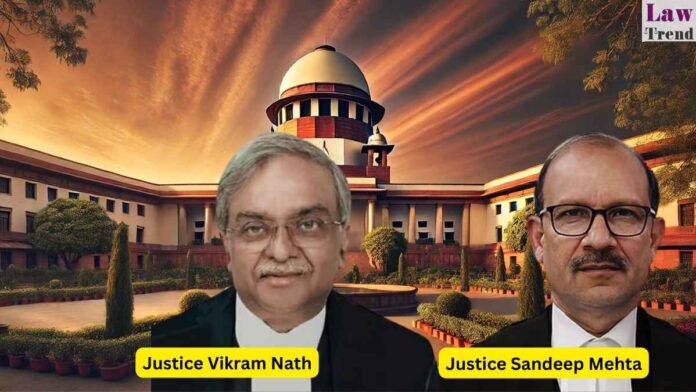The Supreme Court of India, in a judgment delivered on August 26, 2025, has held that a suit filed against the proprietor of a business is maintainable, and it is not mandatory to separately implead the proprietorship concern. A bench of Justice Vikram Nath and Justice Sandeep Mehta set aside an order of the High
To Read More Please Subscribe to VIP Membership for Unlimited Access to All the Articles, Download Available Copies of Judgments/Order, Acess to Central/State Bare Acts, Advertisement Free Content, Access to More than 4000 Legal Drafts( Readymade Editable Formats of Suits, Petitions, Writs, Legal Notices, Divorce Petitions, 138 Notices, Bail Applications etc.) in Hindi and English.




